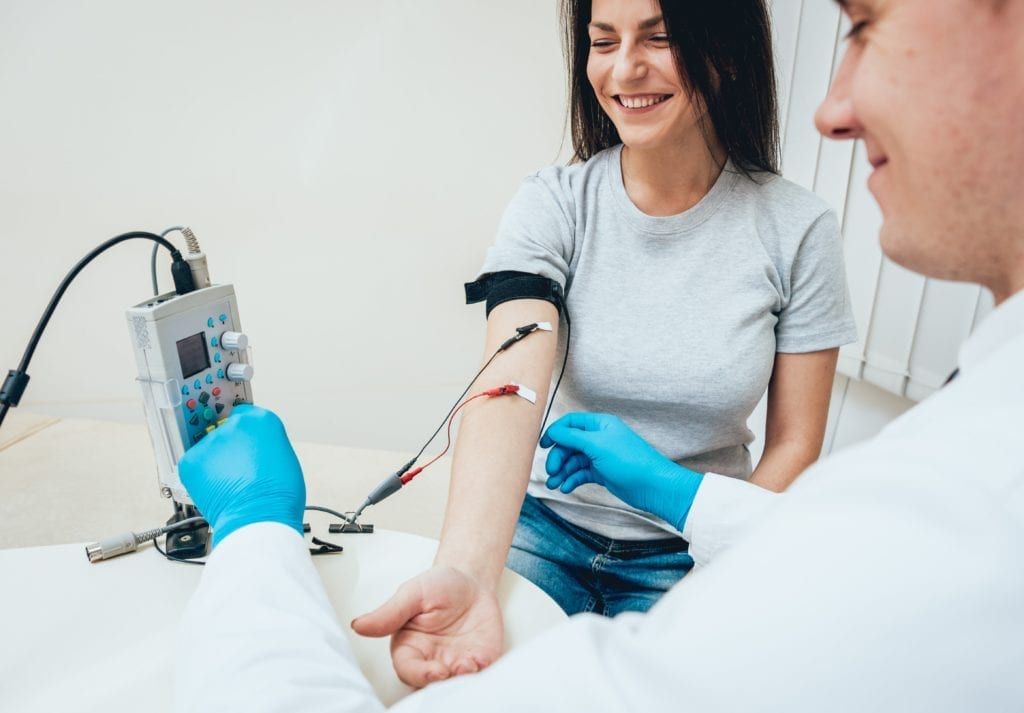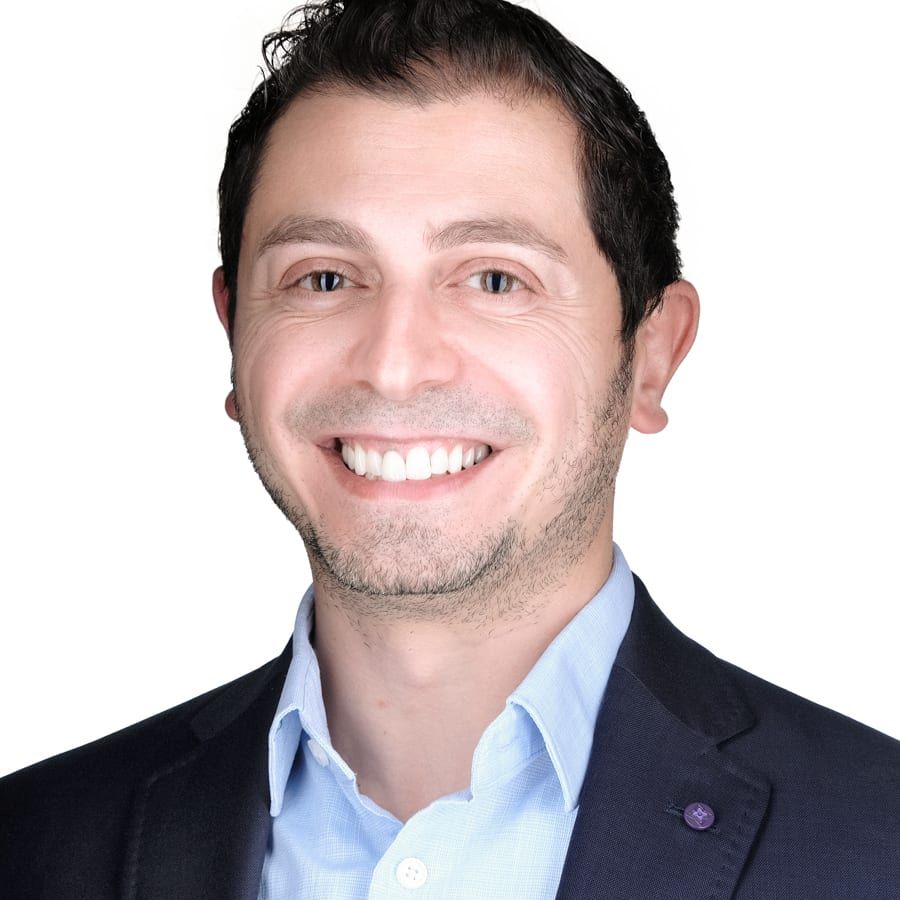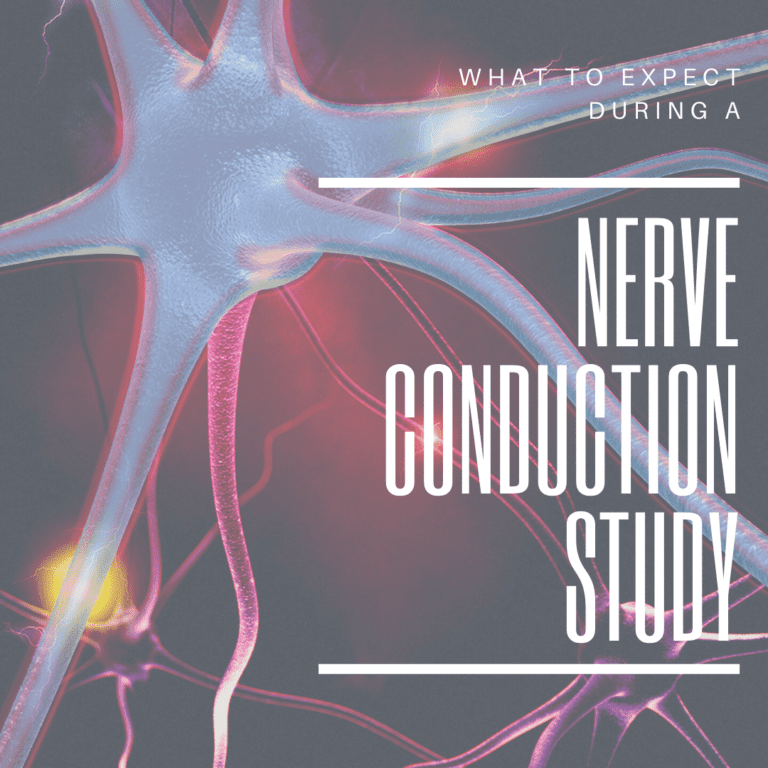Have you been experiencing numbness, tingling, or continuous pain with no known cause? If so, your neurologist may recommend having a nerve conduction study performed. A nerve conduction study, also known as nerve conduction velocity (NCV) test measures the speed of electrical impulses as they move through the nerves. Based on the results, your neurologist can determine if nerve damage has occurred, where it has occurred, and to what extent.
Oftentimes, nerve conduction studies are performed in coordination with an electromyography (EMG), which is a test that measures electrical signals produced by the muscles when they are at rest versus when they are active. Conducting these two diagnostic tests allows your neurologist to more accurately determine if the cause of the problem is a nerve disorder or if it has affected the muscles. In some cases, both the nerves and muscles can be affected.
Nerve conduction studies and EMGs can diagnose a variety of conditions, including:
- Amyotrophic lateral sclerosis (ALS) aka: Lou Gehrig’s disease
- Carpal tunnel syndrome
- Charcot-Marie-Tooth (CMT) disease
- Chronic inflammatory polyneuropathy and neuropathy
- Guillain-Barre syndrome
- Herniated disc disease
- Muscular dystrophy
- Myasthenia Gravis
- Peripheral nerve injury
- Sciatic nerve problems

Before starting a nerve conduction study, your neurologist will discuss possible factors that can affect the results of the study. For example, excess alcohol consumption, hypothyroidism, diabetes, systemic diseases, or neurologic medications such as muscle relaxants, opioids, or psychotropic medications can all affect the results of a nerve conduction study. Additionally, your neurologist will ask you if you have a pacemaker since the electrodes used in the study may interfere with your device.
When preparing for your nerve conduction study, there is not much you will need to do beforehand. The main way to prepare for a nerve conduction study is to temporarily avoid using lotion or oils on your skin in the days leading up to your appointment. This is because lotions and oils can interfere with the electrodes ability to stick properly to the skin. In some cases, your neurologist may also ask you to temporarily abstain from caffeine consumption.
The day of your appointment, you will be asked to remove any metal objects you may be wearing to prevent interference. Depending on the location of the area being tested, you may also be asked to change into a medical gown. The location of the area being tested will also determine if you are sitting or laying down during the test.
After you have been properly prepared and positioned, your doctor will locate the nerve being tested and place two electrodes on your skin. In some cases, jelly or paste may be used to help the electrode stick to the skin. One of these electrodes is responsible for stimulating the nerve and the other is responsible for recording the activity. As the nerve is stimulated, you will experience a brief electrical shock. This may feel uncomfortable, but it usually isn’t painful. The entire procedure usually takes about 20-30 minutes to complete. In some cases, nerves may be tested in multiple locations, which can make the procedure take slightly longer.
Overall, having a nerve conduction study is an effective way to allow your neurologist to determine whether nerve damage has occurred, as well as to diagnose a range of conditions. Depending on the situation, your neurologist may also recommend an EMG to obtain more information about whether only the nerves are affected or whether the muscles writing a paper may be affected as well. The test itself is quick, minimally invasive, and relatively painless.

Dr. Kashouty, a diplomate of the American Board of Psychiatry and Neurology (ABPN), practices general neurology with fellowship trained specialization in clinical neurophysiology. Dr. Kashouty finds the form and function of the nerves and muscles the most interesting part of neurology, which is what led him to specialize in neurophysiology with more emphasis on neuromuscular conditions. He treats all neurological diseases, but his main focus is to treat and manage headaches, movement disorders and neuromuscular diseases.




